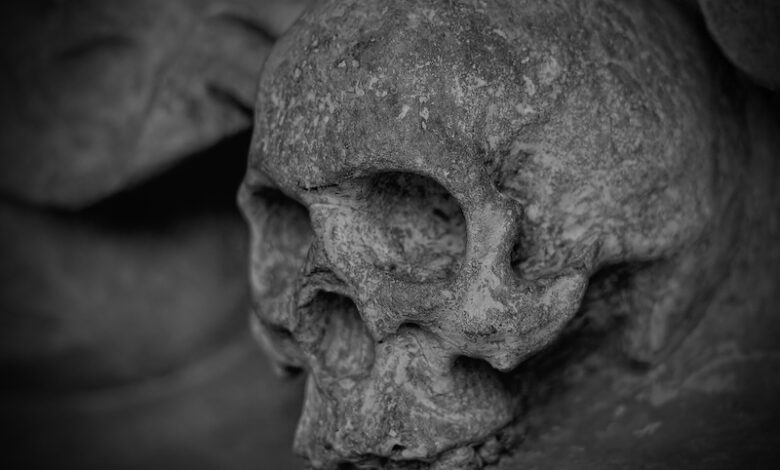Discovery of a New Human Species: Homo Julien

In a groundbreaking revelation that has captivated the scientific community, researchers have identified a potential new species of ancient humans named Homo juluensis, or “Homo Julien.” This discovery has sparked intrigue and debate among anthropologists and evolutionary biologists, as it may provide crucial insights into the complex history of human evolution.
Identification and Naming: The species, referred to as Homo juluensis, translates to “big head,” a name derived from distinctive cranial features observed in fossil remains. This nomenclature reflects the unique anatomical characteristics that set this species apart from other known hominins.
Historical Context: Researchers believe that Homo juluensis may have existed around 50,000 years ago, during the late Middle Pleistocene era. This timeframe places the species in a critical period of human evolution, potentially overlapping with other hominin species.
Geographical Significance: The fossils associated with Homo juluensis were discovered in regions that are not typically associated with early human activity, raising questions about the migration patterns and habitats of ancient humans.
Implications for Human Evolution: The discovery of Homo juluensis could help fill gaps in our understanding of human ancestry. It may provide new perspectives on how different hominin species interacted, adapted, and evolved in response to environmental changes.
Scientific Debate: The announcement has ignited discussions among scientists regarding the classification and significance of this new species. Some experts are excited about the potential implications for our understanding of human evolution, while others urge caution, emphasizing the need for further research and validation.
The identification of Homo juluensis represents a significant milestone in paleoanthropology, challenging existing narratives about human evolution and migration. As researchers continue to study this intriguing species, the scientific community eagerly anticipates new findings that could reshape our understanding of where we come from and how we have evolved over millennia. This discovery not only highlights the complexity of our ancestry but also underscores the importance of ongoing exploration in the field of human evolution.




